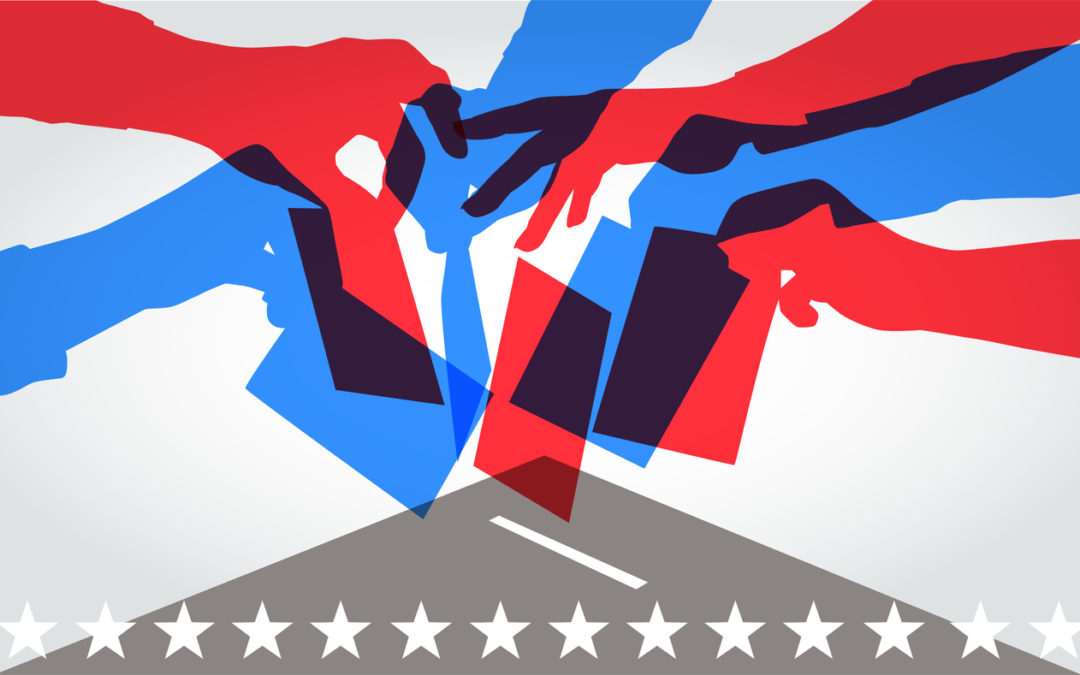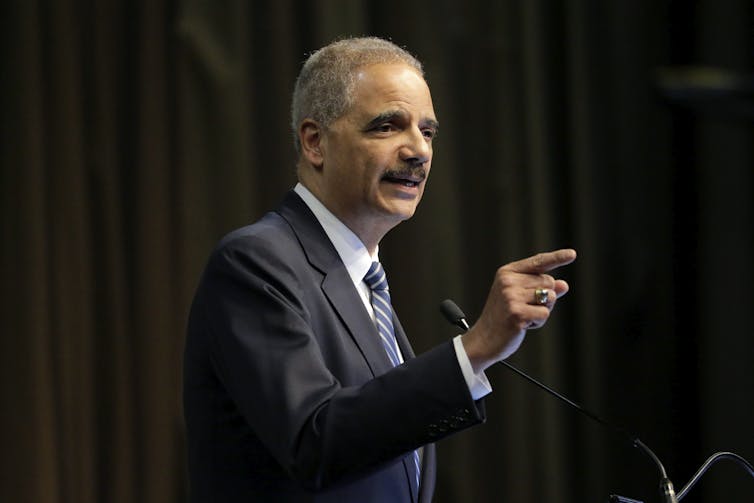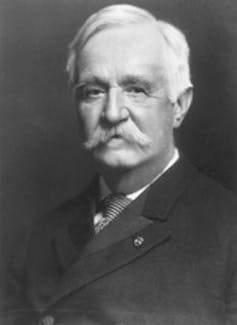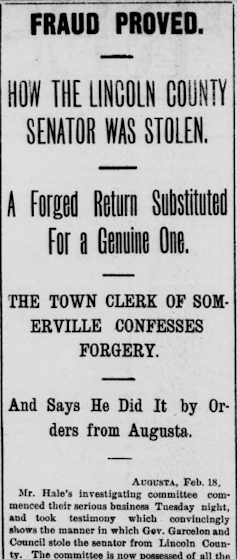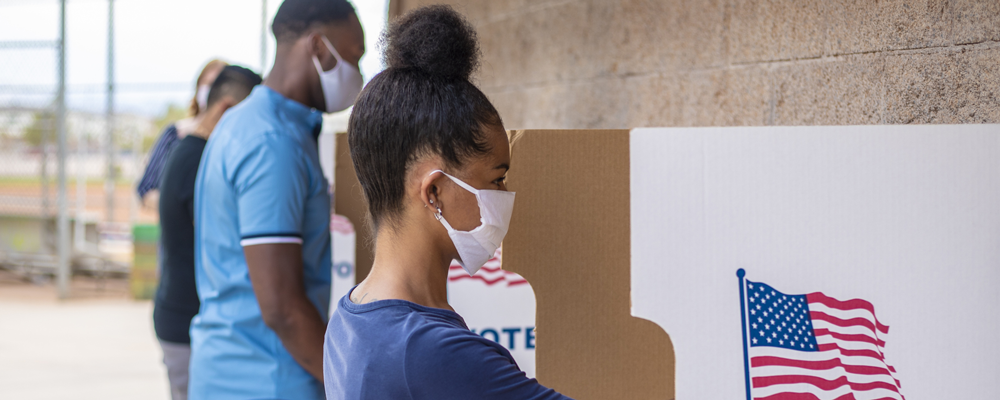
Electionland 2020: Absentee Vote Tracking, Drop Boxes, Poll Watchers and More
This article originally appeared on ProPublica, a Pulitzer Prize-winning investigative newsroom.
New From ProPublica
Millions of Mail-In Votes Have Already Been Cast in Battleground States. Track Their Progress Here.
ProPublica and The Guardian are tracking mail-in votes in battleground states — how many have been requested, how many have been returned and how many have been rejected. Read the story.
Pennsylvania’s Rejection of 372,000 Ballot Applications Bewilders Voters and Strains Election Staff
Most rejected applications were deemed duplicates because voters had unwittingly checked a request box during the primary. The administrative nightmare highlights the difficulty of ramping up mail-in voting on the fly. Read the story.
Stories From Electionland Partners
- Washington Post: Long lines mark the first day of early voting in Georgia as voters flock to the polls.
- News & Observer: Black voters more likely to be left in limbo by NC absentee ballot dispute.
- Postindustrial: Some in PA remain confused over mail-in election process.
- WFSU: Sealed Absentee Ballot Return Envelopes Spark Concern From Leon County Voters.
- WESA: Postcards On Voting Cause Confusion Among Some Pennsylvanians.
- WESA: Your Questions On Pennsylvania Voter Registration, Mail-In Ballots, And Voting In Person, Answered.
- Washington Post: Early voting begins in Texas with high turnout, despite new legal developments on voting access.
- NJ Spotlight News: Missing ballots, sealed envelopes — NJ’s first mail-in election sees glitches.
- CBS2 Chicago: Cook County Acknowledges Backlog As Many Voters Get Message That System Can’t Verify Their Registration.
- KJRH: Tulsa County voter gets replacement ballot after he thinks first one goes missing.
- News & Observer: Worried that your mail-in ballot won’t count? Here’s what you need to know.
Vote by Mail News
- California’s Republican Party admitted to placing unofficial ballot drop boxes at undisclosed locations around the state after reports emerged in Fresno, Los Angeles, and Orange counties. A state party spokesman claimed the boxes were legal under the state’s “ballot harvesting” law, which allows third parties to help take ballots to the polls. But in a cease-and-desist letter, California’s attorney general said the drop boxes were missing crucial security features and could leave the party vulnerable to charges of tampering. (CBS Sacramento)
- Nearly half of the North Carolina ballots that have been flagged for errors and need to be “cured” belong to Black voters. But the cure process has been suspended as a legal battle over state voting law between Democrats and Republicans makes its way through the courts. (Washington Post)
- Voters in seven states — including Virginia, New Hampshire and Pennsylvania — had already returned more absentee ballots as of this week than the states saw by the end of the 2016 election. (Wall Street Journal)
- More than 80 million absentee ballots had already been requested nationwide as of October 14, but some critical states — including Pennsylvania and Wisconsin — won’t allow election workers to begin processing them all until Election Day, which could lead to delays in getting results. (New York Times)
- Starting Monday, Denver voters could watch election workers process ballots live on a video stream at denvervotes.org. (Associated Press)
- Across Pennsylvania, voters are experiencing a deluge of election-related mail and ballot applications sent by third-party groups. Some forms have been pre-filled with inaccurate information, prompting confused calls to already busy election offices. (WITF)
- At a conservative conference in D.C. in August, speakers pushed back on mail-in voting, promoted ballot harvesting and worried about Democrats stealing the election. (The Washington Post)
Voting Challenges This Week
- A federal judge extended Virginia’s voter registration deadline to Thursday, after online voter systems crashed on what was supposed to be the final day of registration. The Tuesday outage was caused by a severed fiber optic line, which crews accidentally cut while doing utility work. (WDBJ, Washington Post)
- Nearly 29,000 people in Allegheny County, Pennsylvania, may have received the wrong ballot as the result of a printing error by an outside vendor. Voters’ names were matched to the wrong municipalities and voting districts, county officials said. New ballots will be issued the week of October 19. (WESA)
- New Jersey voters are having trouble with the state’s online system for tracking their absentee ballots. Although the platform will technically accept three different identification numbers to help track down ballots, it won’t show a result unless users put in the exact ID they used to register to vote. (WNYC)
- Two state lawmakers are pushing for a refund from the printing company that accidentally sent thousands of Brooklyn voters the wrong ballot return envelopes. New York City’s Board of Elections had awarded Phoenix Printing a no-bid, $4.6 million contract to print absentee ballots, which one assemblywoman slammed as a “sweetheart deal.” (The City)
- About 1,000 voters in Delaware County, Ohio, received two absentee ballots in the mail due to a “computer glitch,” according to election officials. Voters are being contacted by phone and by mail to make sure they only use one ballot. (ABC 6)
- More than 1,300 Charleston voters received incorrect absentee ballots; officials say new ballots will arrive within days. (The State)
The Latest on Poll Security
- A private security firm is recruiting former Special Operations soldiers to guard polling places and businesses in Minnesota during the election, despite the objections of state and local officials. (The Washington Post)
- Tens of thousands of volunteers have signed up for a GOP polling watching effort. Per Politico, poll watchers will “monitor everything from voting machines to the processing of ballots to checking voter identification,” but are not allowed to interact directly with voters. (Politico)
- Election officials in central Florida are training for possible disruptions, or even violence, on Election Day. (Orlando Sentinel)
- Republican lawmakers are pushing back on a North Carolina State Board of Elections memo that directed local officials not to station uniformed law enforcement officers at polling places. (The News & Observer)
Misinformation on Voting
- New research shows that social media influencers are helping amplify misinformation on voting. (AP)
- Officials in Alabama are investigating complaints of people going door-to-door, asking voters to sign blank absentee ballot applications and provide personal information. (Dothan Eagle)
- Scammers are mimicking a ballot-tracking text message service. (NBC San Diego)
- USPS officials say a surge of packages from Amazon’s annual Prime Day won’t interfere with delivering ballots. (CNN)
- Experts are more worried about disinformation, not coronavirus or cybersecurity, derailing the election. (Roll Call)
The Latest Lawsuits
- News about litigation over absentee ballot deadlines in Delaware, Indiana, Maine, Minnesota and Wisconsin.
- News about litigation over voter registration deadlines in Arizona, Florida and Virginia.
- News about lawsuits over ballot drop boxes in Ohio, Pennsylvania and Texas.
- News about litigation over mail-in ballot witness requirements in Alaska, Missouri and North Carolina.
- News about lawsuits over sending mail ballots to registered voters in Montana.
- News about litigation over voting machines in Georgia.
- News about lawsuits to expand mail voting in Mississippi.
- News about litigation over submitting mail ballots in person in Missouri.
- News about litigation over curing absentee ballots in North Carolina.
- News about lawsuits involving voter signature matching in Pennsylvania and Tennessee.
- News about lawsuits over in-person voting in Arizona, Georgia and Texas.
- News about litigation over curbside voting in Alabama and Texas.
- News about litigation over poll watchers in Pennsylvania.
- News about lawsuits over online voting by overseas and military voters.

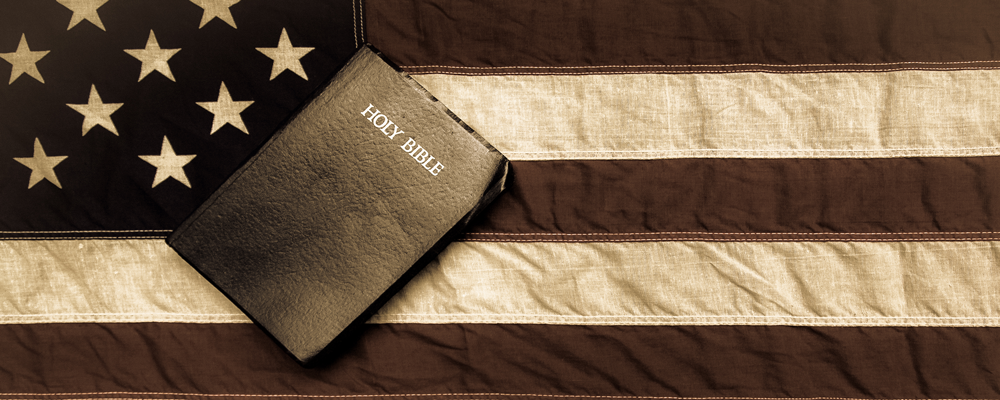
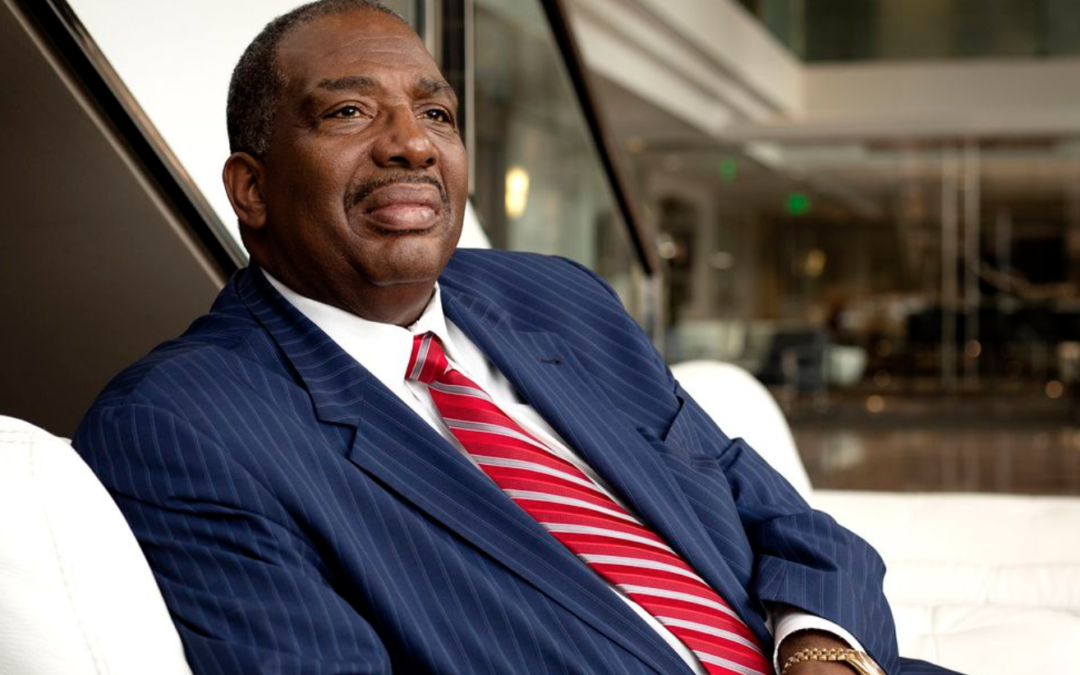
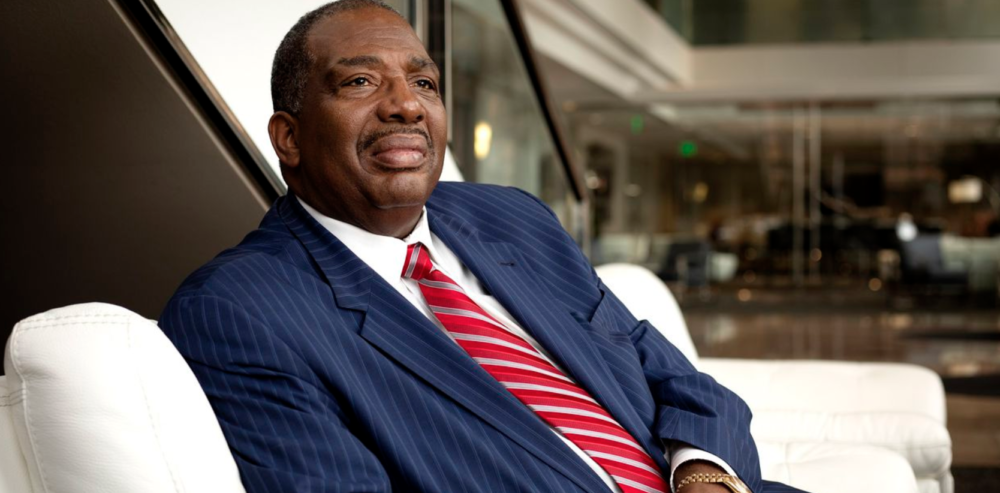
/https://static.texastribune.org/media/files/af0fff3494421fa5818ebb9f5b6bcf35/RoyceWest14_1999%20BD%20TT.jpg)
/https://static.texastribune.org/media/files/31b33e0ed1c134adce80dc0976adc715/RoyceWest13_1999%20BD%20TT.jpg)
/https://static.texastribune.org/media/files/9e549873441c436f7ac84b802131162c/RoyceWest06_1999%20BD%20TT.jpg)
